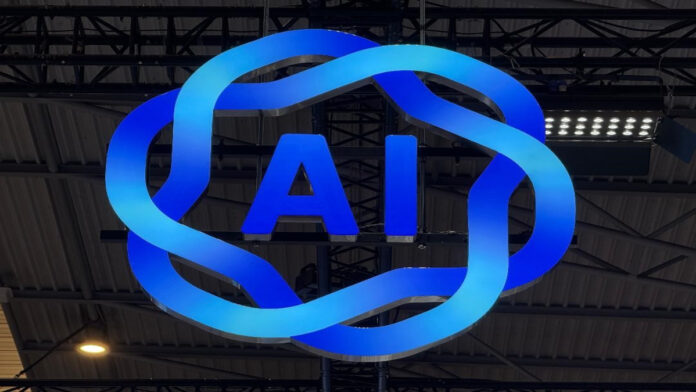The Technical University of Munich (TUM) is setting up a new education, training, and research hub focused on the design of AI chips
In sum – what to know:
TUM launches AI chip training hub – MACHT-AI will train over 300 students and researchers in AI chip design over the next five years.
TSMC and Bavaria backing effort – TSMC is a key partner, with €4.475 million in state funding supporting the project.
Push for German chip autonomy – The initiative aims to reduce reliance on US and Chinese tech by building local expertise and capacity.
The Technical University of Munich (TUM) is setting up a new education, training, and research hub focused on AI chip design. “Here, students and researchers will learn how AI chips are designed and developed using advanced technologies,” said Hussam Amrouch, head of the center and professor of AI processor design. Taiwanese semiconductor giant TSMC is the key partner, while the Bavarian state government is backing the initiative with €4.475 million ($5.2 million).
Over the next five years, more than 300 students and researchers in engineering and computer science will be trained at the Munich Advanced Technology Center for High-Tech Chips, or MACHT-AI. The center will launch its first workshops in the spring of next year.
“The professional suitability of the participants is important to us. However, it must be clear to everyone that they also bear an enormous responsibility because our goal is to create new solutions for the market,” said Hussam Amrouch, head of the center and professor of AI processor design. His research group is currently developing workshop content. Students and researchers from other Bavarian universities will also be able to apply.
Amrouch links the initiative to Germany’s wider ambition to strengthen technological sovereignty. “This can only succeed if we create production capacities on the one hand and, on the other hand, build up the knowledge necessary to build modern AI chips ourselves.” While a €10 billion TSMC-led semiconductor plant is under construction in Dresden with German and EU support, Bavaria is focusing on building domestic knowledge and expertise.
“As an entrepreneurship university, we should not only think about the future but also create the conditions for ideas to ultimately become products,” Amrouch added, emphasizing the goal of “chips made in Germany.”

